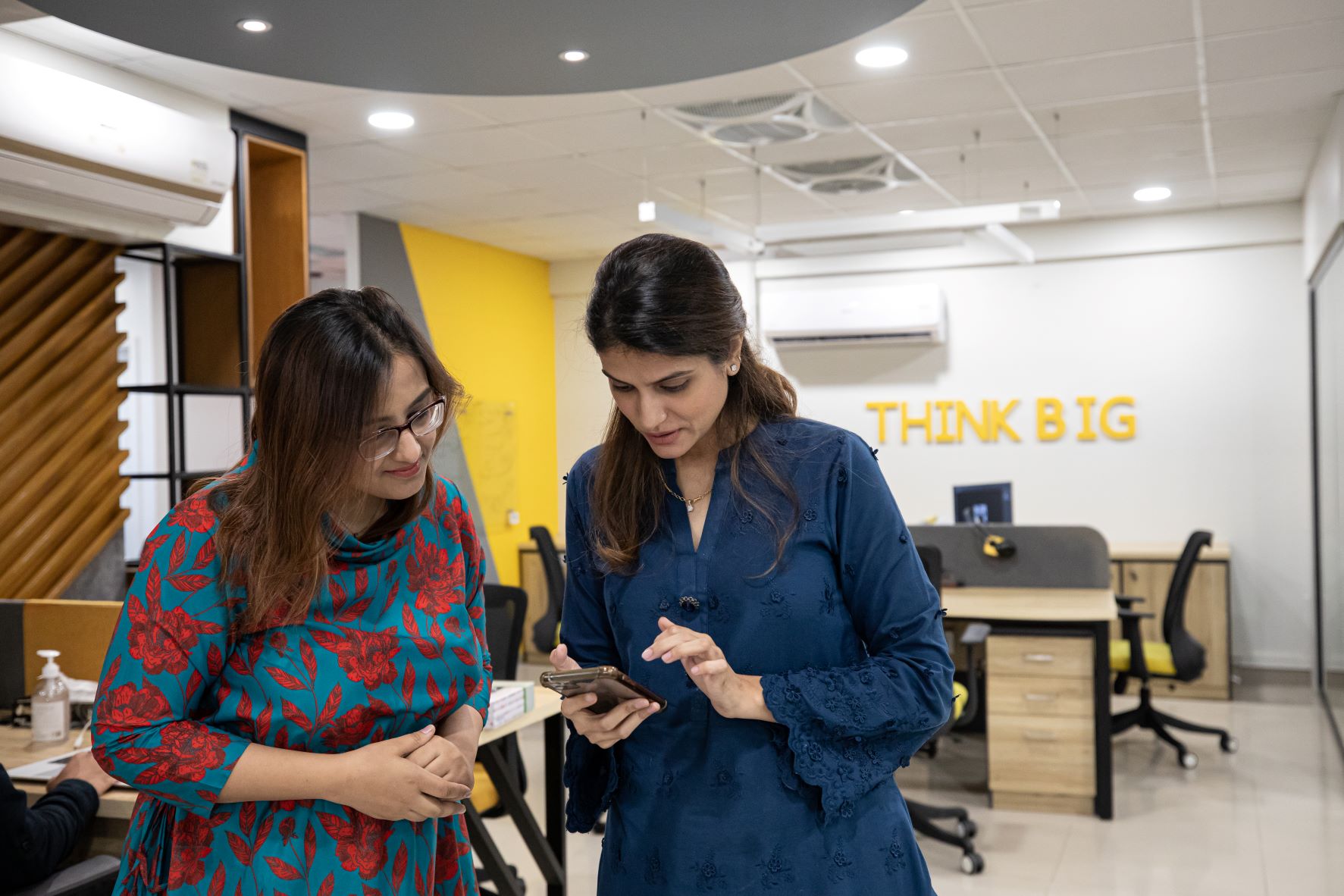By Wendy Teleki, Head of the We-Fi Secretariat
We-Fi is supporting tens of thousands of women around the world whose grit, ingenuity, and passion is making the world a better place. So when I read the OECD’s latest data showing that bilateral aid for gender equality had dropped by 17 percent over the past two years, it was disheartening. With only 4% of bilateral aid primarily focused on women, we need to invest more, not less, in women’s economic empowerment around the world.

Wendy Teleki
Head of the We-Fi Secretariat
Naturally, with so many overlapping crises, governments must adapt to changing priorities amidst a tightening fiscal environment. But cutting funding for women is counterproductive as women tend to be the most affected by crises and are the greatest untapped asset to address these crises. Finding smart ways to unleash the potential of women entrepreneurs is essential in these trying times.
For We-Fi, that means doing what we can to crowd in additional resources and tackle systemic barriers. Every dollar of donor funding in We-Fi catalyzes $10 dollars of support for women entrepreneurs. By using mechanisms like blended finance and performance incentives, we ensure donor funds are going farther and paying for results. This is how we’ve been able to get over $1.2 billion into the hands of women entrepreneurs already, a number that will continue to grow.
Another way to increase aid effectiveness is to tackle systemic barriers. Despite the strong economic potential of women, a lack of data, knowledge and resources keep financial institutions, regulators, and businesses from investing more in women entrepreneurs. At We-Fi, we are working with Implementing Partners to address the gaps in knowledge and sex-disaggregated data. Since 2017, we have committed $17 million to initiatives supporting sex-disaggregated data collection, along with research activities to expand knowledge and evidence on what works in supporting women entrepreneurs.
For example, in Uzbekistan, the European Bank of Reconstruction and Development is working with the Central Bank of Uzbekistan to bolster the scaling of gender-disaggregated SME data. In Vietnam, with support from the Asian Development Bank, the 2021 Economic Census integrated specific women-led small and medium-sized enterprises (WSMEs) data for the first time, establishing a national WSME database.
We are looking forward to continuing these critical conversations. In March, together with the World Bank’s Women, Business, and the Law project, we are working to highlight the interlocking roles of data, finance, and reforms in empowering women at the 67th annual session of the Commission on the Status of Women (CSW67).
Gender equality is not a “nice-to-have”, it is a fundamental element that drives development. It is time for the international development community to recommit itself to focus on initiatives that advance gender equality and women’s economic empowerment.

